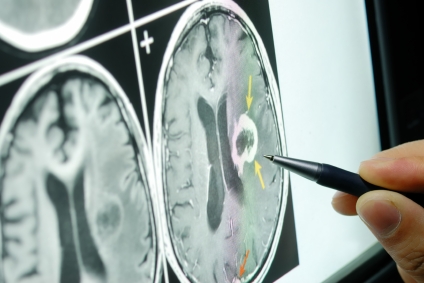At TryMunity, we know the kind of impact that a traumatic brain injury, or TBI, can have on an individual and their family. We have seen this impact firsthand, and we understand how important it is for you to be able to immediately recognize the characteristics of traumatic brain injury. This helps you seek treatment in a manner that ensures the impact of the TBI is minimized as much as possible. A traumatic brain injury can be characterized in several ways, including mild, moderate, and severe TBI.
TryMunity, we know the kind of impact that a traumatic brain injury, or TBI, can have on an individual and their family. We have seen this impact firsthand, and we understand how important it is for you to be able to immediately recognize the characteristics of traumatic brain injury. This helps you seek treatment in a manner that ensures the impact of the TBI is minimized as much as possible. A traumatic brain injury can be characterized in several ways, including mild, moderate, and severe TBI.
While some of the symptoms of the forms of TBI are very similar, there are many characteristics that are unique to each one. Here you will find five common characteristics of traumatic brain injury relating to both mild and severe TBI so that you can easily identify them if and when you see them.
Symptoms of a Mild TBI
Mild TBI is the most common type of traumatic brain injury, and it is unfortunately the case that this type of TBI is often not recognized at the time when the injury is sustained. This is avoidable you are able to recognize the symptoms of this form of TBI, which includes:
- Headache
- Fatigue
- Memory loss
- Dizziness or loss of balance
- Irritability or other emotional disturbance
Symptoms of a Severe TBI
Moderate to severe characteristics of traumatic brain injury differ from mild TBI significantly, as these forms of TBI are often accompanied by a loss of consciousness. The symptoms may include
- Cognitive deficits
- Speech and language issues
- Sensory and perceptual difficulties
- Physical changes
- Social and emotional changes
In the event of any type of TBI, it is of vital importance to seek medical care as soon as possible.
What You Can Do in the Event of a Traumatic Brain Injury
Of course, it is important to seek out medical care in the immediate aftermath of an accident. If you are in need of support, please feel free to join us at the TryMunity community so that we can assist you with our knowledge and understanding.



